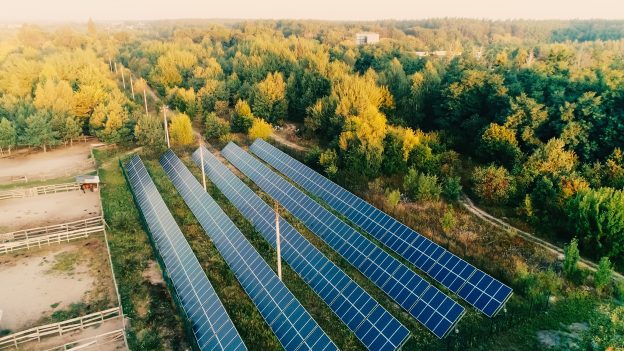On the evening of November 7, Boway Alloy issued an announcement detailing its plans to establish a wholly-owned subsidiary and build a production base in Morocco, while simultaneously deciding to terminate its previously announced plan to invest in and construct a factory in Vietnam.
Termination of the Vietnam Factory Investment Plan
Previously, on December 6, 2024, Boway Alloy had planned to invest $150 million to build a production and manufacturing base and establish a wholly-owned subsidiary in Vietnam.
However, due to significant changes in international trade policies during the project's advancement, the project could no longer meet the company's expected return on investment requirements. In alignment with the company's strategic development plan, Boway Alloy decided on November 7, 2025, to terminate the construction of this project. As of the current date, the subsidiary had not been established, and construction on the project had not yet commenced.
Shift in Focus to Morocco for Factory Investment
To further accelerate its international expansion and meet the demands of global industry-leading customers by establishing an overseas manufacturing base, Boway Alloy has shifted its investment focus to the Moroccan market, which offers greater geographical and policy advantages.
The company plans to invest no more than $150 million to build a project in Morocco with an annual output of 30,000 tons of special alloy electronic material strips. It will establish a wholly-owned subsidiary, Boway Alloy New Material (Morocco) Co., Ltd., to serve as the project's implementing entity.
The investment funds will be used for the establishment of the subsidiary, land acquisition, construction of fixed assets, and the improvement of supporting facilities. The actual investment amount will be subject to the final approval of Chinese and local competent authorities.
It is understood that this project is primarily aimed at the North American and European markets. Once completed, it is expected to effectively shorten delivery cycles, enhance supply chain stability, and strengthen the company's competitiveness in overseas markets. Currently, the project still needs to fulfill approval and registration procedures with domestic Chinese authorities, including the Ministry of Commerce, the National Development and Reform Commission (NDRC), and foreign exchange management bodies, as well as obtaining approval and registration from relevant local departments in Morocco.
Source:EnergyTrend







